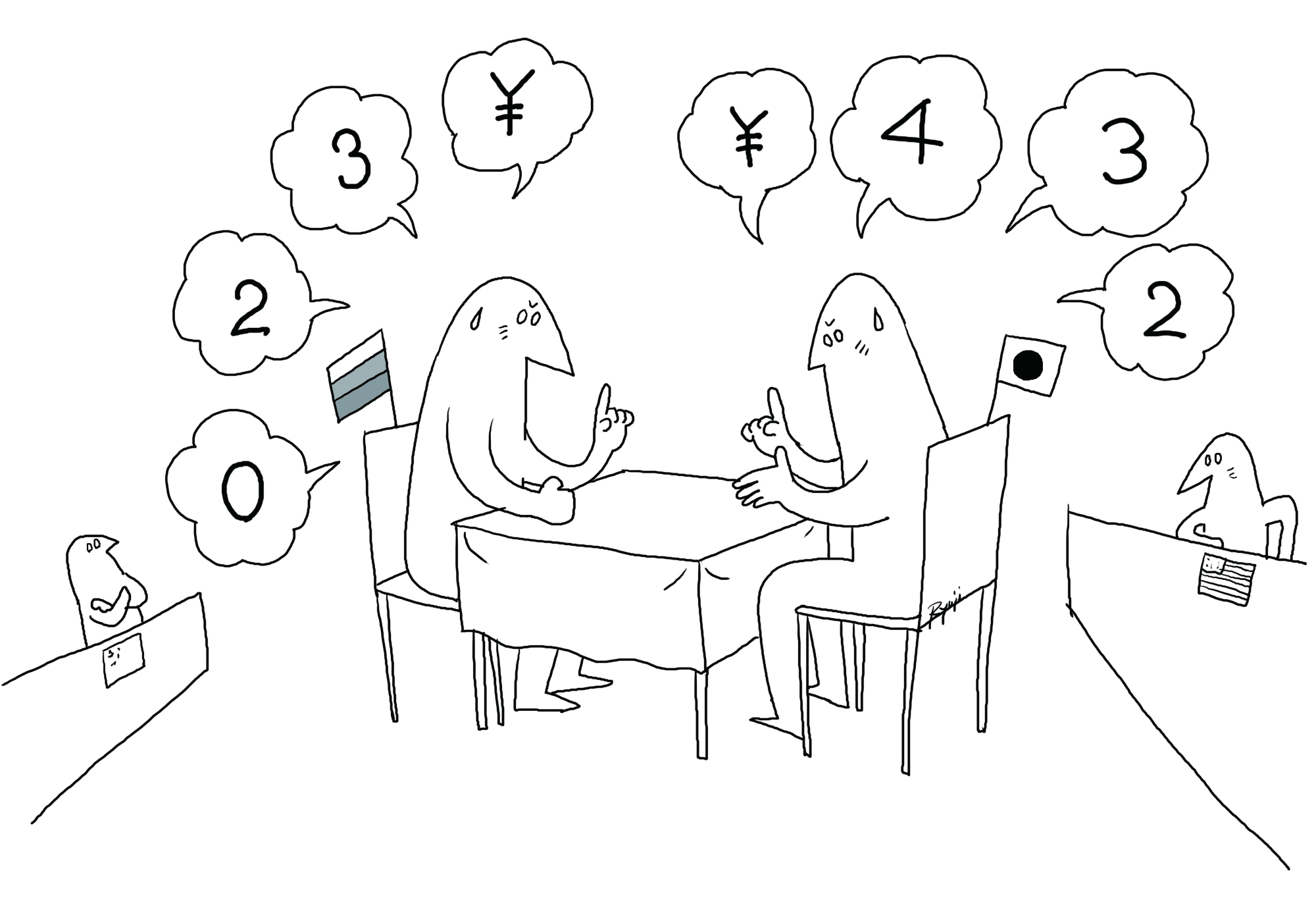Lord Palmerston, who served as prime minister of Britain in the 19th century, once remarked that "We have no eternal allies, and we have no perpetual enemies. Our interests are eternal and perpetual, and those interests it is our duty to follow." By quoting these words, a Japanese government insider said recently that Japan is no exception — particularly in an age when a character like Donald Trump gets nominated for president of the United States (and goes on to be elected), noting that Japan would have to map out a new path of its diplomacy should its alliance with the U.S. starts to become adrift.
As if to reflect this view on history in transition, Prime Minister Shinzo Abe is bent on seeking a breakthrough on the decades-old territorial dispute with Russia over the group of islands off Hokkaido and move Russo-Japanese relations forward when he meets with President Vladimir Putin on Dec. 15 in Nagato in his home prefecture of Yamaguchi.
If everything goes the way he hopes, there will be a dramatic transformation in the security environment surrounding Japan, ultimately giving rise to the possibility of military cooperation between Tokyo and Moscow and weakening the Japan-U.S. alliance. Should that happen, chances of rapprochement between the U.S. and China will not be ruled out, and the paradigm shift of power dynamics among Japan, the U.S., China and Russia could bring about a totally different international landscape.


















With your current subscription plan you can comment on stories. However, before writing your first comment, please create a display name in the Profile section of your subscriber account page.